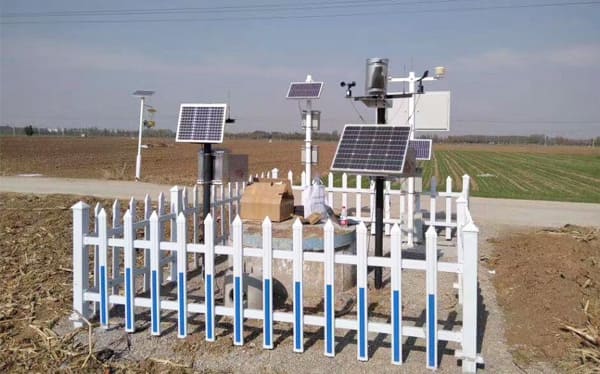How To Choose The Best Weather Stations For Your Home

When it comes to select from best weather stations, you might want to do some research in advance so that you don't get bombarded by too many options. There are a few things to consider before selecting the best type of weather station for your needs and reviewing these will help you make an informed decision.
Types of Weather Stations
There are different types of weather stations to choose from, and it can be hard to decide which one is right for you. Here are some of the most common types, and what they do:
1. Analog Weather Stations\ An analog weather station measures temperature, pressure, and humidity levels with manual devices. They’re usually older and more affordable models that you may find at home improvement or discount stores. Analog weather stations aren’t as accurate as digital models, but they’re still useful for basic tracking.
2. Digital Weather Stations\ A digital weather station uses sensors to measure temperature, pressure, humidity, wind speed, and other factors. They’re accurate and usually more expensive than analog models, but they offer tons of features like real-time monitoring and alerts. If you plan on using your weather station often, a digital model is the best option.
3. Wet/Dry Ballasted Weather Stations\ Wet/dry ballasted weather stations use a mercury switch or floating glass vial to measure ambient air moisture levels. They’re popular in climates where changes in humidity can affect plant growth or underground water storage levels.
Precautions When Buying a Weather Station
Precautions when buying a weather station:
1. Read the reviews. Weather stations are high-tech devices and can be expensive, so it’s important to make sure you get one that’s going to be responsive and accurate for your needs before investing in it. Make sure to read the reviews beforehand to get an idea of what people think of the specific device.
2. Consider your location. If you live in a humid or wet area, consider getting a weather station that has humidity and rain detectors as these sensors can help you monitor changes in those conditions. If you only need temperature information, however, a station without humidity or rain detectors may be fine. Just make sure to keep an eye on things like air quality if your home gets smokey or smoky during harsh weather conditions, as this can impact the accuracy of your readings.
3. Consider features. Certain features are more important to some people than others, so it’s worth taking the time to read about each weather station model and decide what features are most important to you.
Reviewing More Than One Weather Station
Choosing the best weather stations for your home can seem daunting, but with a little research and careful consideration, you can find the perfect one for your specific needs. In this blog post, we'll review more than one weather station so that you can get a better idea of what to look for when selecting one.
When looking for a weather station, the first thing you'll want to consider is your specific needs. Do you just need an hourly temperature reading? Do you want to monitor rainfall and snowfall? Do you need climate data for different parts of the year? There are a lot of options out there, so it's important to take the time to research what each type of weather station offers before making a purchase.
Some other factors to consider when choosing a weather station include: budget, accuracy, data storage capacity, ease of use/installation and overall design. It's important to choose something that meets your needs and fits into your home decor.
There are many great options available on the market today, so it's important to do your research before making any decisions. If you have any questions about weather stations or which ones may be the best fit for your needs.
Exceptions and Surprising Uses for Weather Stations
Weather stations are a valuable tool for homeowners, but they can also be used in unexpected ways. Here are a few exceptions to the usual use of weather stations:
-Homes in cold climates can use weather stations to determine when to bundle up. By tracking average temperature and precipitation data, homeowners can stay comfortable without overspending on winter apparel.
-Some homeowners use weather stations as part of their landscaping. By knowing when to water plants, they can avoid wasting water and keep their yards healthy. Additionally, by measuring air quality levels, they can avoid problems such as pollen allergies or smog alerts.
-A weather station can also be used to monitor energy usage in a home. By tracking energy consumption at different times of the day or week, homeowners can optimize their homes’ energy usage for maximum efficiency.
Questions to Ask Yourself When Buying a Weather Station
Before you buy a weather station, make sure to ask yourself the following questions:
1. What are my needs?
2. What is my budget?
3. What features do I want?
4. What kind of data is most important to me?
5. How reliable am I willing to be with this data?
6. Do I need real-time data or historical data?
7. Is geographic information important to me?
8. What software can I use to analyze the data?

Comments
Post a Comment